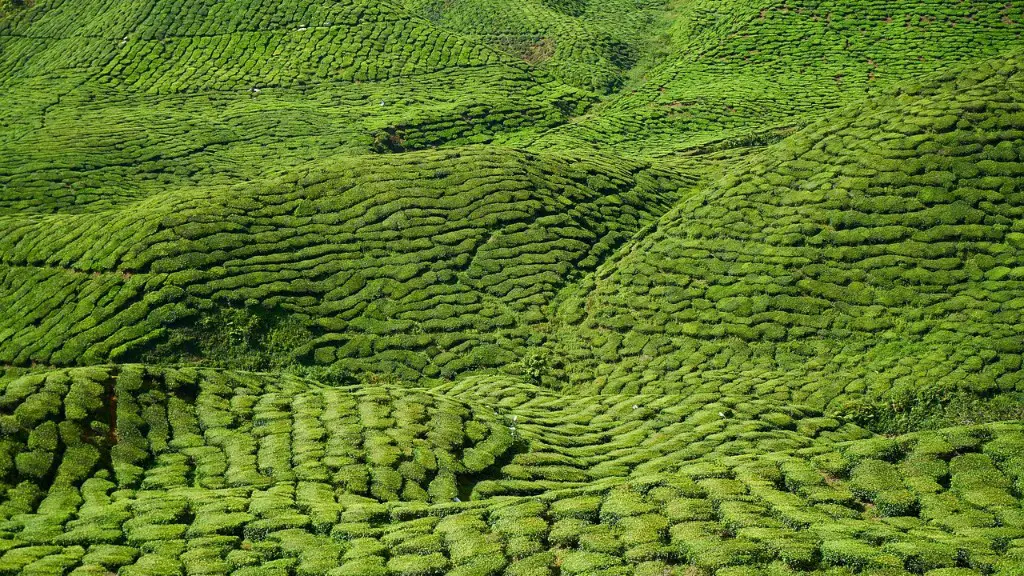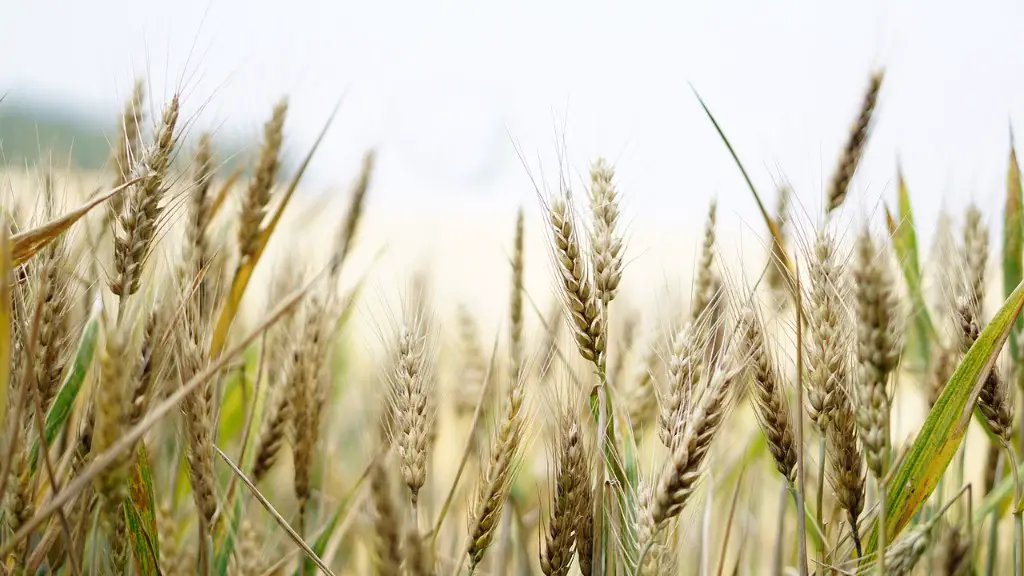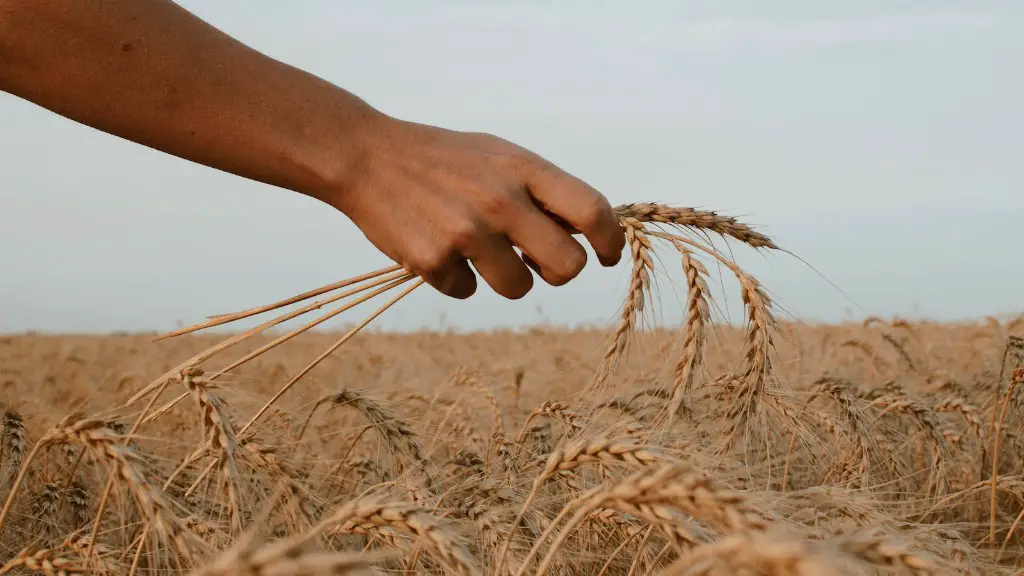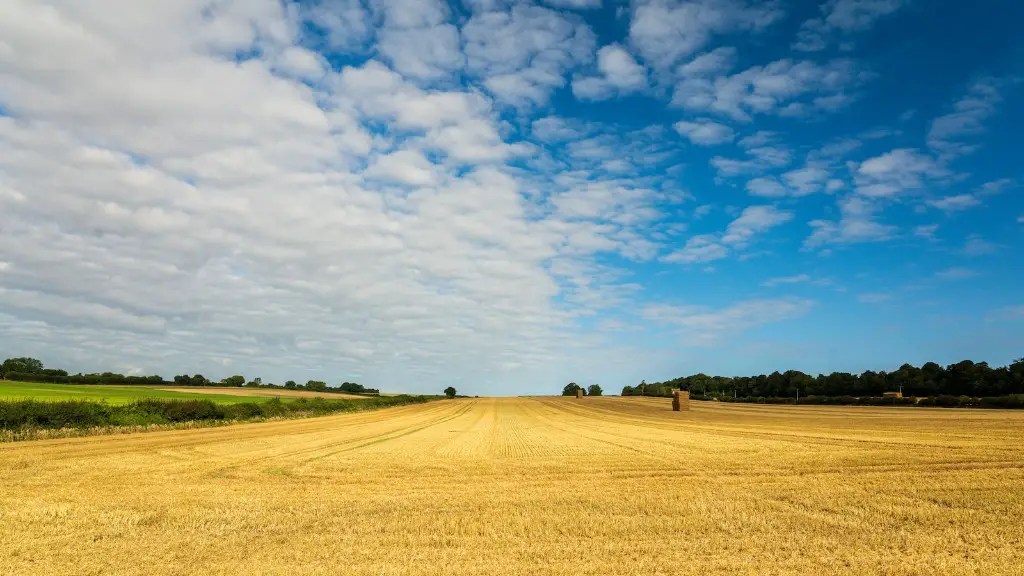In recent years, Detroit has been undergoing a transformation, and urban agriculture is playing a big role. Once a city known for its sprawling auto plants and struggling industrial economy, Detroit is now becoming a place known for its local food movement and community-based gardens.
This transformation is due in part to the many vacant lots that have opened up in the city as a result of the recession and the decline of the auto industry. These lots are being repurposed as community gardens, where residents can come together to grow fresh produce.
Not only is urban agriculture providing Detroit residents with access to fresh and healthy food, it is also helping to create a sense of community and pride in the city. The gardens are providing a much-needed outlet for residents to come together and connect with one another.
As urban agriculture continues to transform Detroit, the city is becoming a more vibrant and livable place for all.
Urban agriculture is playing a big role in the transformation of Detroit. The city’s vacant lots are being turned into community gardens and farms, providing residents with access to fresh, healthy food. Urban farmers are also working to revive the city’s food economy by growing and selling local produce. In addition to improving the food system, urban agriculture is providing jobs and training opportunities for Detroit residents.
How does urban agriculture benefit Detroit?
Urban gardens are a great way to improve the environment and the community. They help reduce stormwater runoff, improve community cohesion, and play an important role in reducing neighborhood blight.
It is possible to have a thriving city while still making it easy to get local produce and garden spaces. This can be done by carefully planning the city so that there is enough space for both gardens and buildings. It is also important to have a good transportation system so that people can easily get to the gardens and farms.
How can urban agriculture affect big cities
Urban agriculture can be a great way to improve the surrounding community in a number of ways. By reducing transportation costs, helping to reduce runoff associated with heavy rainfall, and improving air quality, urban farming can have a positive impact on the environment, economy, and social fabric of the community.
Urban agriculture can provide many benefits to cities and communities seeking to be more sustainable. When you grow fresh, healthy foods locally, you can offer better health to your population without the expense and carbon emissions created by transporting produce across the country or around the world. Additionally, urban agriculture can create green spaces and help to beautify cities, while also providing opportunities for social interaction and community building.
What are 3 benefits of urban farming?
1. Urban farming can help tap into the growing local food trend.
2. It can help boost the local economy by creating jobs and providing fresh, local produce.
3. Urban farming can create edible landscapes that are both beautiful and productive.
4. It can promote healthy communities by providing fresh, healthy food and increasing access to green space.
5. Urban farming can help “green” your city by increasing the amount of green space and improving air quality.
Detroit was successful because it was strategically located near to natural resources and markets via railroads and steamboats. The city was a symbol of American progress and power in the 19th century.
What is the biggest urban farm in Detroit?
D-Town Farm is the largest of Detroit’s gardens and farms, and it operates on the city’s west side. The farm grows a variety of fruits and vegetables, and it also has a petting zoo and a playground. The farm is open to the public, and it also offers educational programs.
Detroit, Michigan is located in the USDA Hardiness Zone 6. This means that the city experiences average minimum temperatures of -5 to -10 degrees Fahrenheit. The city is home to a variety of plant life, including trees, shrubs, flowers, and vegetables.
How big is the agrihood in Detroit
The Detroit Community Gardens and Farms are a great example of how a community can come together to provide healthy, sustainable food options for everyone. The produce grown annually is available for free to those who need it, and the gardens and farms are open to everyone. This is a great model for other communities to follow.
It is important to weigh the potential positive and negative environmental impacts of urban farms and community gardens before deciding to implement them. They can have both positive and negative environmental impacts depending on a variety of factors. For example, they can either reduce or increase energy consumption, improve water infiltration, and beautify neighborhoods, or produce odors and contaminate water. It is important to consider all of these potential impacts before deciding whether or not to pursue urban farming or gardening.
What are the pros and cons of urban agriculture?
Urban gardening can be a great way to get fresh produce that supports a healthy lifestyle. Additionally, it can promote income production and small business expansion. Making fresh food more affordable is urban agriculture’s key benefit. However, contamination is one of the concerning problems with urban gardening. Maintenance costs can also be a problem.
Urban agriculture can help to solve transportation problems and provide cities with more fresh produce. It can also help to convert urban waste into fertilizer, which can be used to improve the quality of the soil in urban areas.
What are some advantages of urban agriculture
Urban agriculture can provide a number of benefits, especially for low income groups who may have difficulty accessing fresh fruit and vegetables. It can also create employment and training opportunities for disadvantaged and marginalised groups. Additionally, by reducing transport and packaging, urban agriculture can help to reduce environmental impacts.
This is an important finding, as it suggests that urban farming can play a significant role in alleviating poverty. However, further research is needed to determine the precise extent to which urban farming contributes to household income and savings.
What are the positive effects of urban agriculture on the environment?
providing healthy food in a way that reduces energy costs of food production is a major environmental benefit of urban farms. Growing food where it’s consumed can cut down transportation-related greenhouse gas emissions. Another benefit of urban agriculture is biodiversity.
There is a growing body of research that suggests that expanding urban agriculture can have a positive impact on both the desirability and value of local property. This, in turn, can stimulate the local economy through increased commercial and residential interest in these areas.
What is the main goal of urban farming
Urban agriculture has been shown to improve community health by providing access to fresh, nutritious food and encouraging civic participation in food system governance. It also offers citizens opportunities to explore concepts of food sovereignty within an urban setting. By reducing health inequities, urban agriculture can help to create a more just and healthy society.
Urban gardening is a great way to reduce the carbon footprint of the food system. By reducing the amount of fossil fuels used, it helps to reduce greenhouse gas emissions and other environmental impacts. Hydroponic gardening is even more efficient, using around 90% less water than conventional farming. This makes it an excellent option for those looking to reduce their water usage and help the environment.
Conclusion
In the heart of the Motor City, a green revolution is underway. From the concrete jungle of downtown to the blighted neighborhoods of the East Side, Detroit is being transformed by a growing movement of urban farmers and gardeners.
In just a few years, Detroit has become a national leader in the emerging field of urban agriculture. There are now more than 1,400 farms and gardens across the city, ranging from small community plots to large-scale commercial operations. These farms are not only producing fresh, healthy food for Detroiters; they are also providing jobs, green space, and a sense of community in some of the city’s most disadvantaged neighborhoods.
The impact of urban agriculture is already being felt across Detroit. vacant lots are being put to productive use, abandoned houses are being transformed into urban farms, and former auto workers are finding new jobs as farmers. As the movement continues to grow, it is poised to have an even greater impact on the city’s revitalization.
In recent years, urban agriculture has been transforming Detroit. Once a city known for its abandoned buildings and vacant lots, Detroit is now home to a growing number of urban farmers. These farmers are using vacant properties to grow crops and raise livestock, providing fresh, locally-grown food to residents. Urban agriculture is also creating new jobs and economic opportunities in the city. With the continued support of the community, urban agriculture is poised to continue transforming Detroit for the better.





